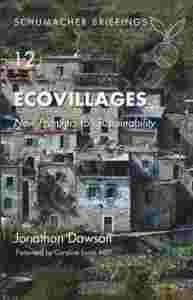ECOVILLAGES: NEW FRONTIERS FOR SUSTAINABILITY

Aukcja w czasie sprawdzania była zakończona.
Cena kup teraz: 57.75 zł
Użytkownik bookstreet
numer aukcji: 4259997999
Miejscowość Kalisz
Wyświetleń: 4
Koniec: 19-06-2014 20:01:15
Dodatkowe informacje:
Stan: Nowy
Okładka: miękka
Kondycja: bez śladów używania
